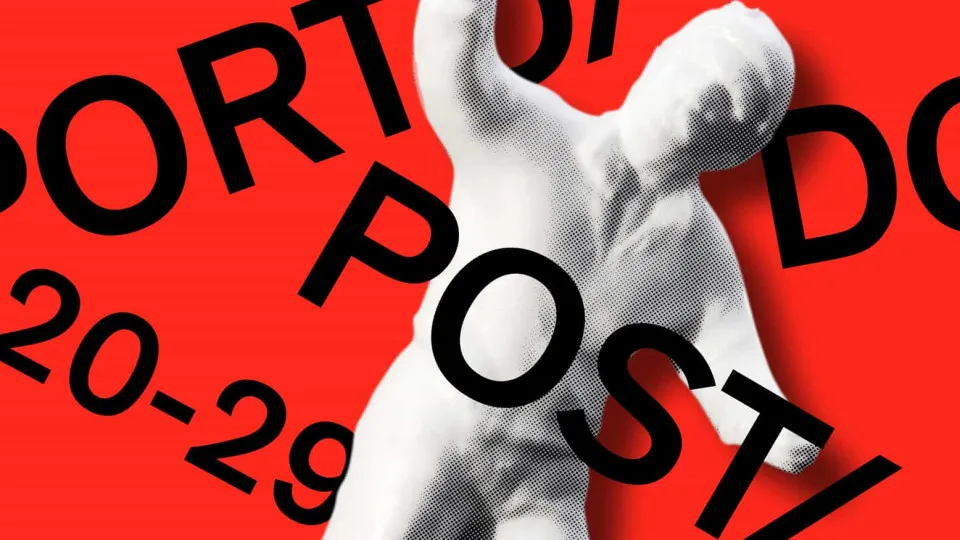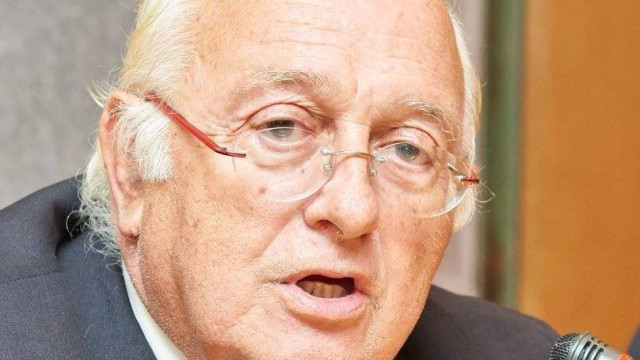
The 12th edition of the Porto/Post/Doc documentary film festival is set to take place from Thursday to November 29 in Porto, with the theme “the time of a journey” inviting reflection on migration, memory, and encounters.
“The festival’s theme, which spans various sections, is the time of a journey. Here, the time of a journey is also the time of a film. In each session, we will embark on a journey, accompanied by refugees, exiles, people searching for themselves, prisoners on weekend leave, people fleeing certain persecution due to ethnic reasons… this is the time of a journey that we have structured for this edition,” said director Dario Oliveira.
This journey is no longer a ‘road movie’, an escape to a place by choice, but rather a quest for home, security, and a place to live in peace.
This is the “second act” of three, in a cycle dedicated to the movement of peoples, which began in 2024 with “Europe Doesn’t Exist, I Was There” and will continue in 2026 with “The Country of Others”.
“This is what concerns us today. We worry if we are altruistic, if we think beyond ourselves, and I hope that this resonates with our audience. We are all a vast entity of feelings and the ability to help others, and art should serve this purpose,” he added.
Alongside a thematic program with the edition’s title as the theme, Porto/Post/Doc features eight films in the international competition, 22 in the medium and short films category, 11 in Cinema Falado, dedicated to Portuguese-language productions, and sections for emerging national talents and Transmission, focused on music.
Monica Stromdahl presents “American Slums”, addressing the housing crisis in the United States, while “Short Summer” by Nastia Korkia takes viewers to the war in Russia, and Igor Bezinovic reenacts the occupation of Fiume by poet Gabriele d’Annunzio and 300 others during a 16-month period in 1919, in “Fiume or Death!”.
In national production, Tomás Baltazar unveils “Cape of the World” in a world premiere, as do Mariana Caló and Francisco Queimadela with “Infinite Infinite, In the Imagination of Matter”, while “Bulakna” by Leonor Noivo questions the migration flows of Filipino domestic workers and “Ku Handza” by André Guiomar, set in Maputo.
Featured are two filmmakers: Lina Soualem, born in 1990 in Paris, daughter of an Algerian father and Palestinian mother, presents films “Their Algeria” and “Bye Bye Tiberiade”, as well as the series “Oussekine”, along with a carte blanche and a masterclass.
Meanwhile, Andrei Ujica is introduced by the festival as a “central figure in European documentary”, with a full presentation of his work, straddling essay and fiction.
The festival extends “an invitation to take this journey, all together.” “The time of a journey carries a political message, but also an artistic and poetic one,” it suggests.
At the opening and closing sessions, the event director highlights films about family, starting Thursday at 9:15 p.m. at Batalha – Cinema Center, with Carla Simón’s “Romaria”, and wrapping up on the 29th at 9:15 p.m. with Jim Jarmusch’s “Father Mother Sister Brother”, also at Batalha.
“This year, the festival begins with a film about the family, a diary discovered by the director, and ends with a Jim Jarmusch film, also about family and relationships between two generations. In between, we have the time of a journey. There’s a programmatic construction for people to discover and explore, as much as possible, or follow their preferences, possibly seeing Madonna’s early career [‘Becoming Madonna’], the section of Portuguese films…” invites Dario Oliveira.
The festival will primarily be held at Batalha – Centro de Cinema and Passos Manuel, with additional sessions at the Porto Planetarium, the Faculty of Fine Arts of the University of Porto, and Rivoli, among others.




